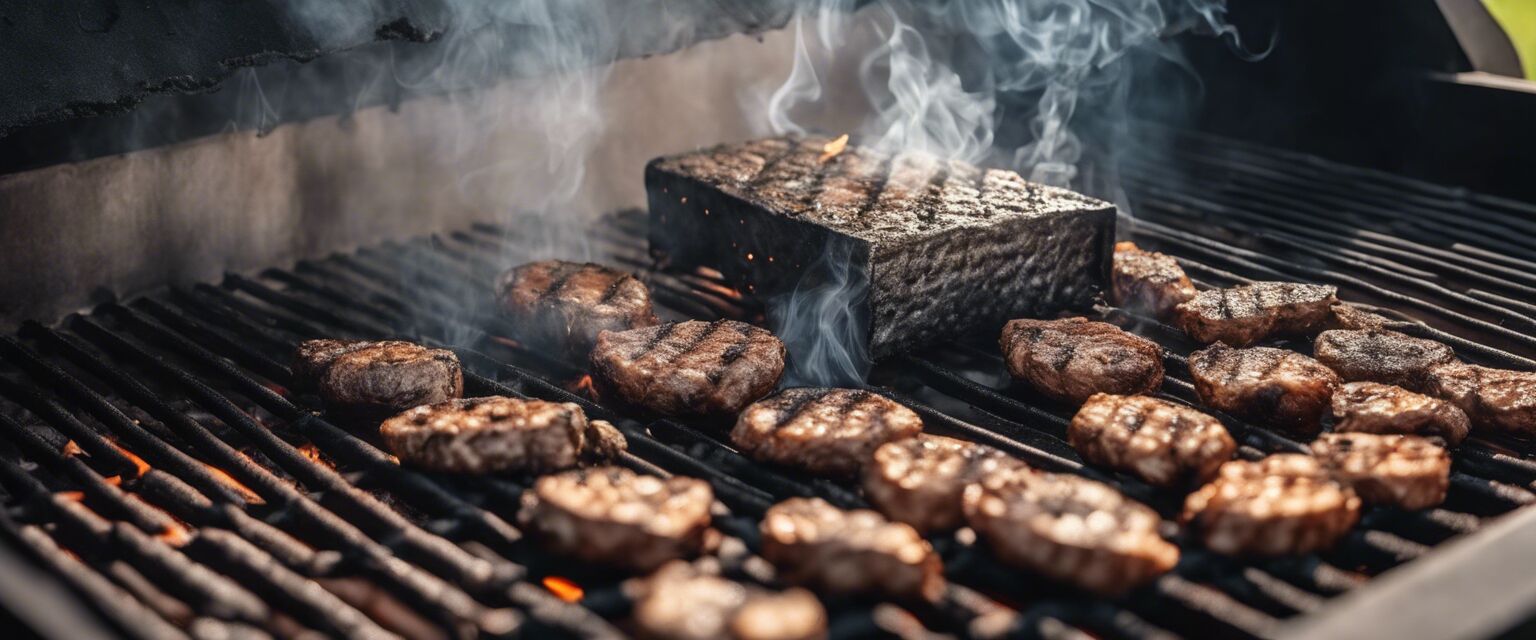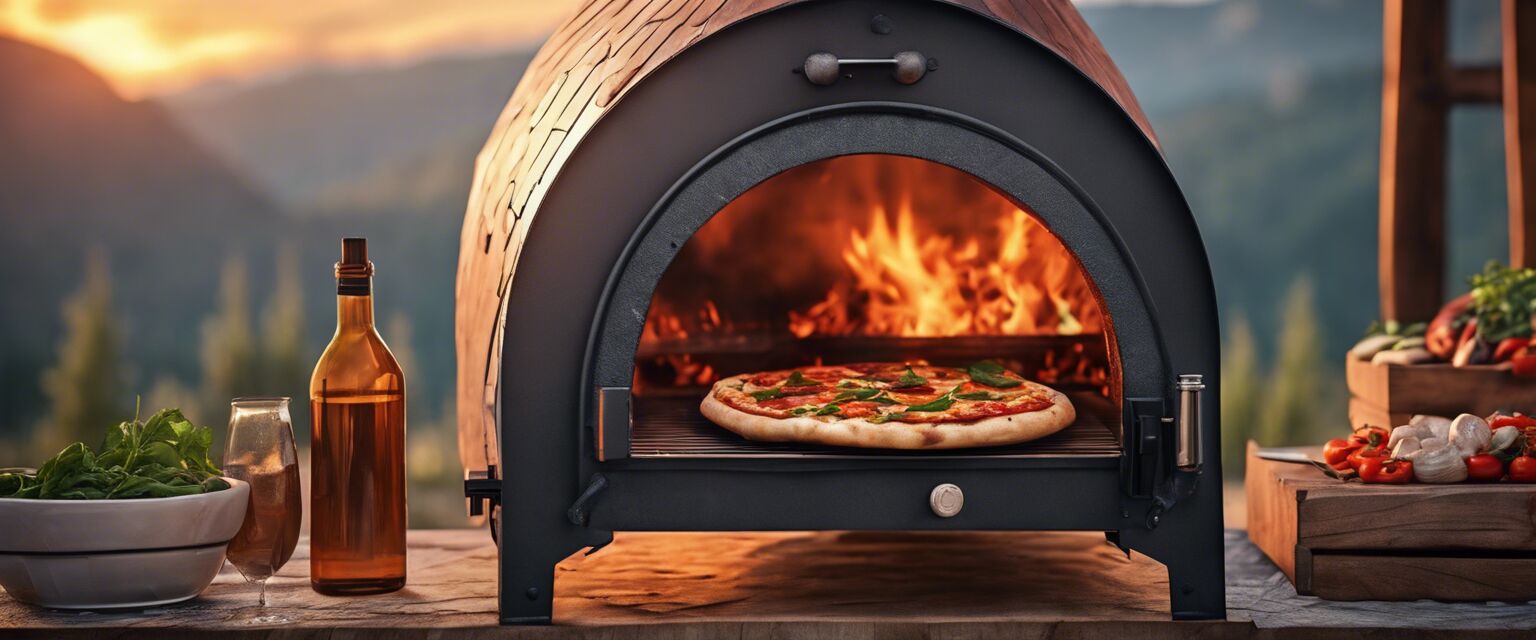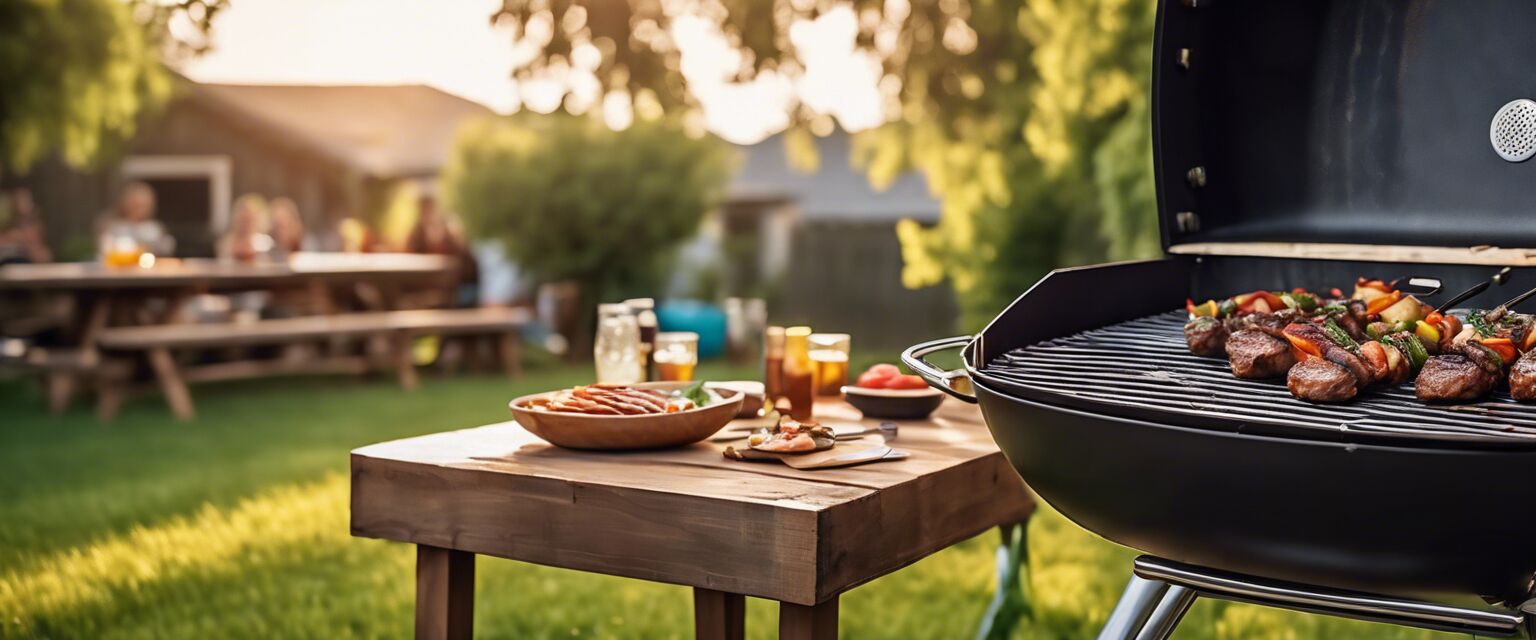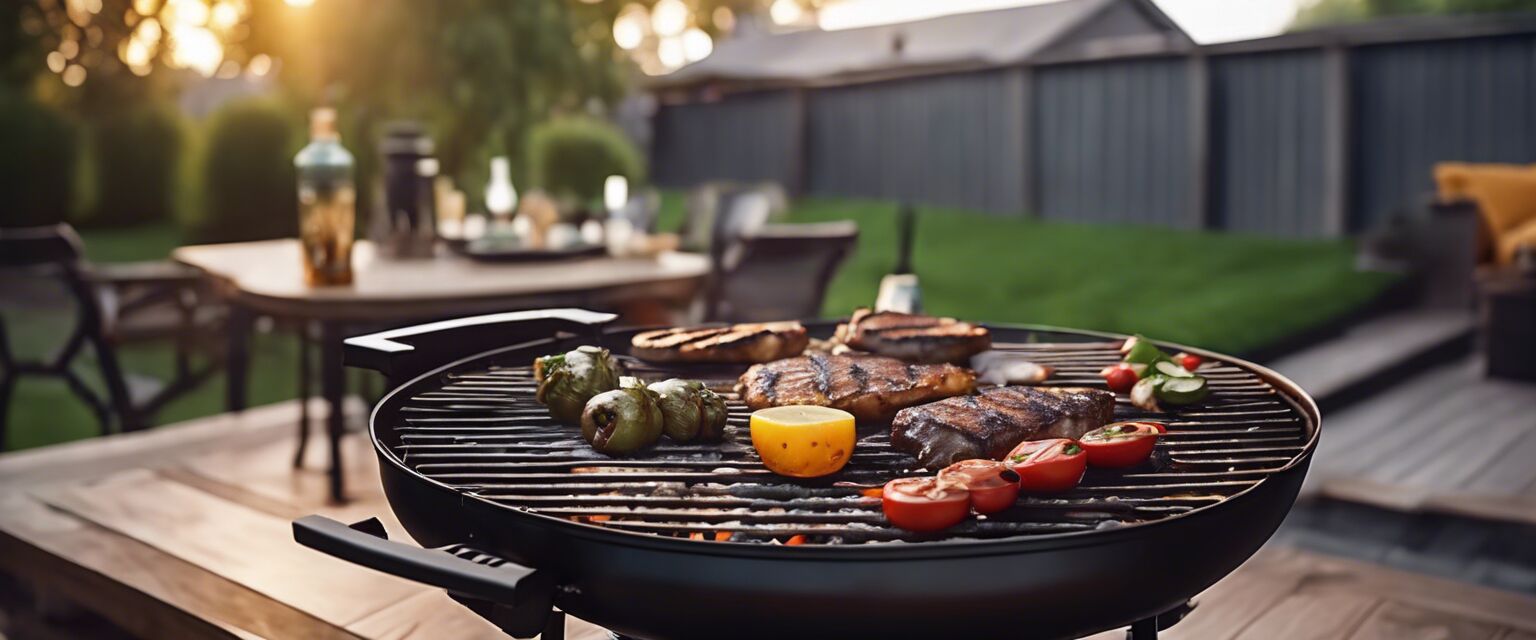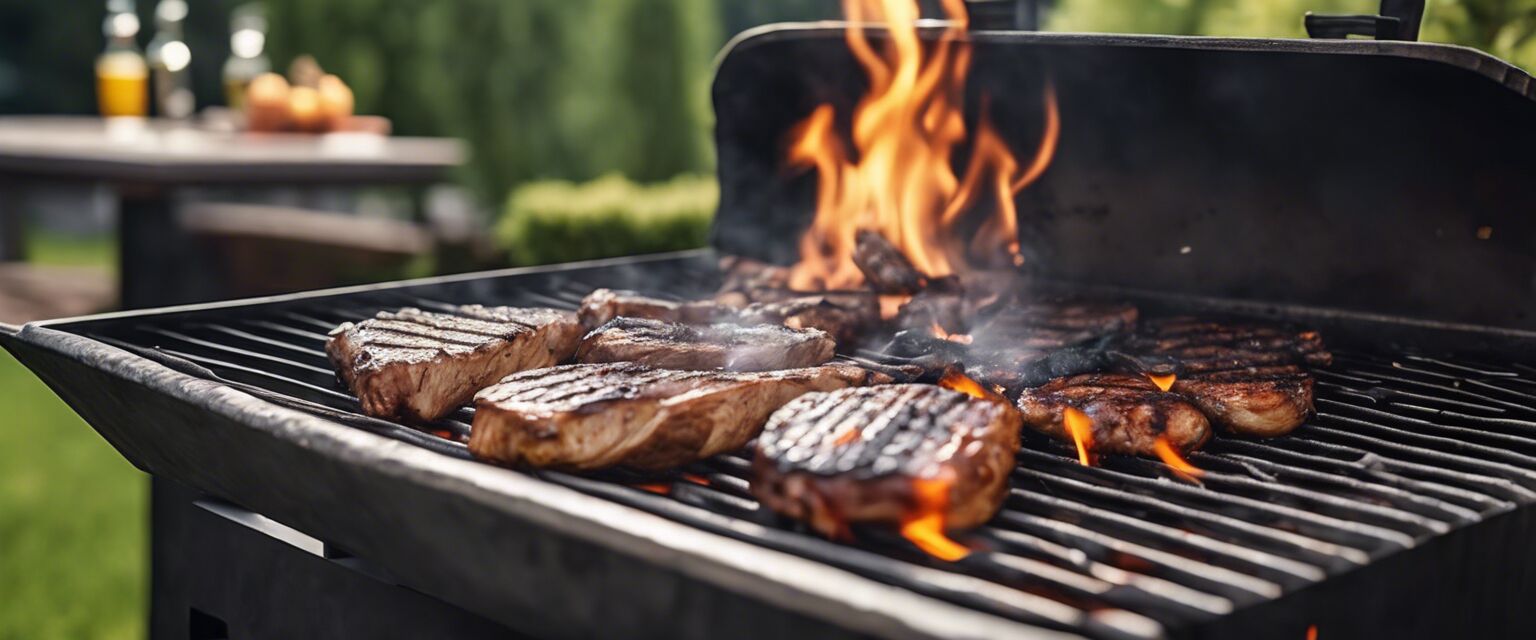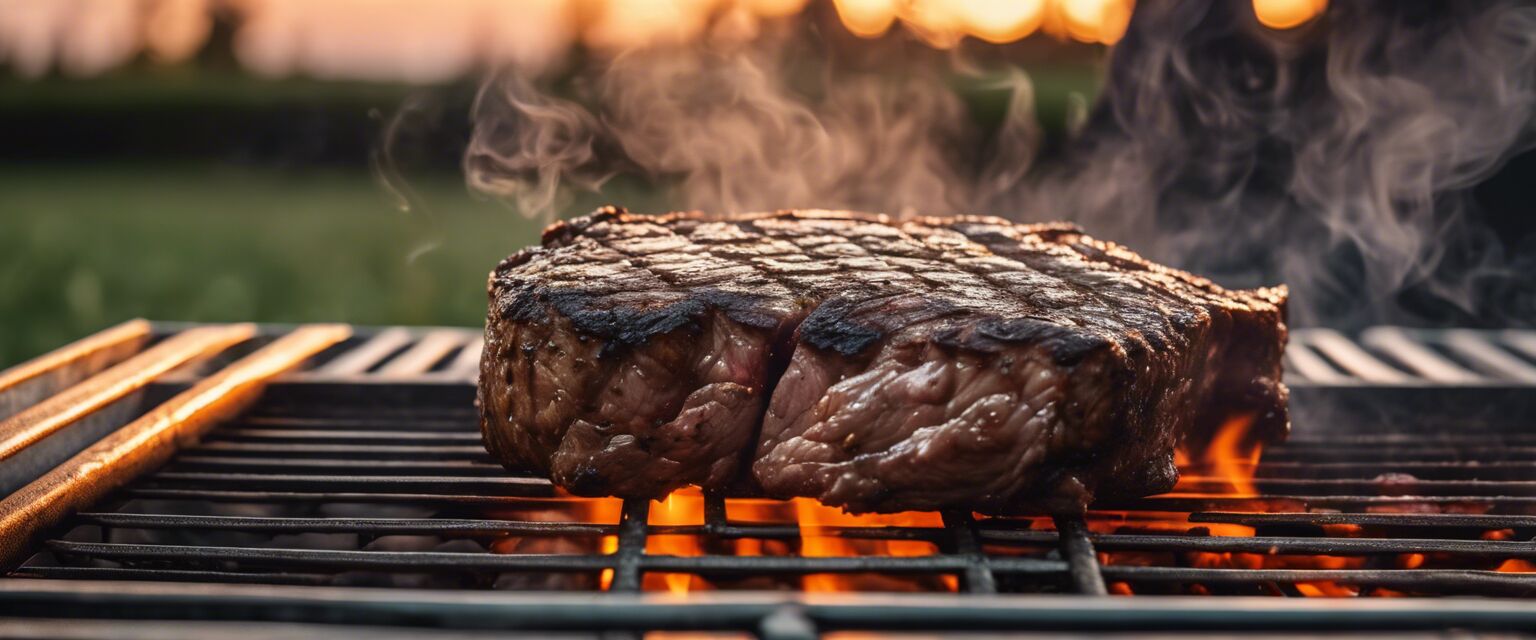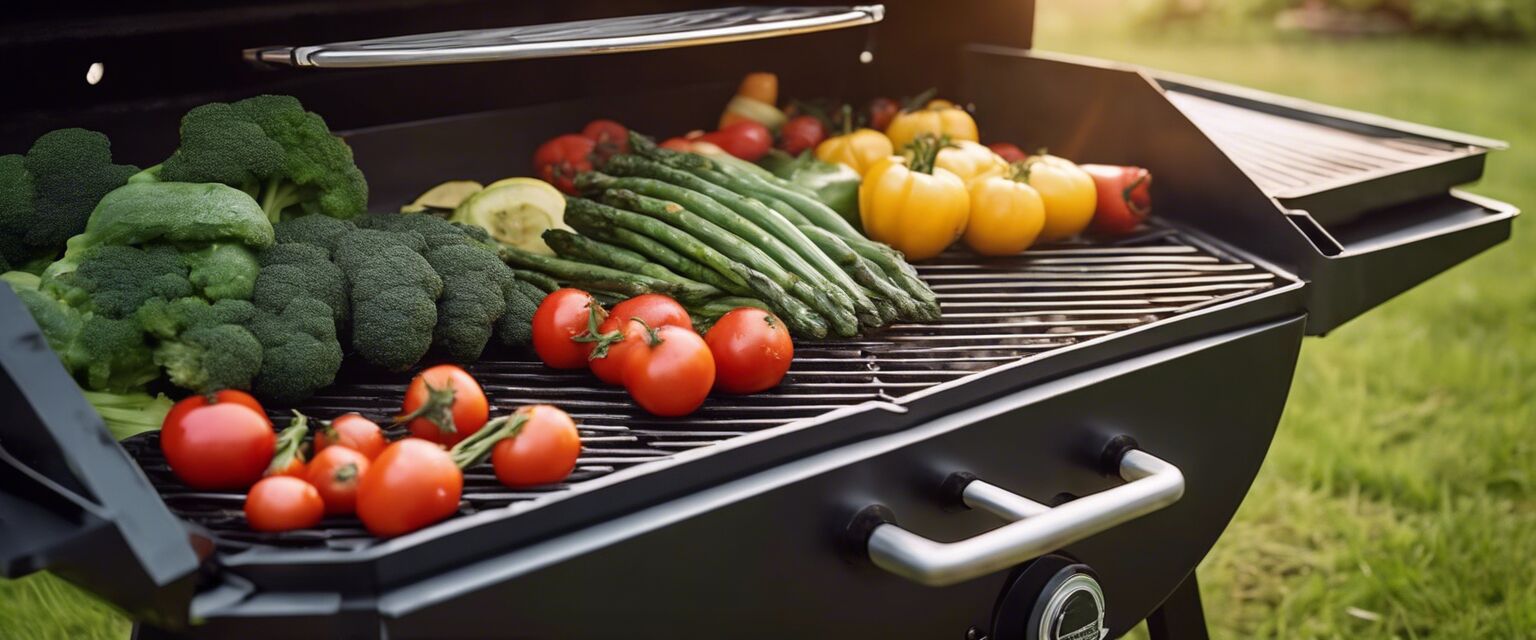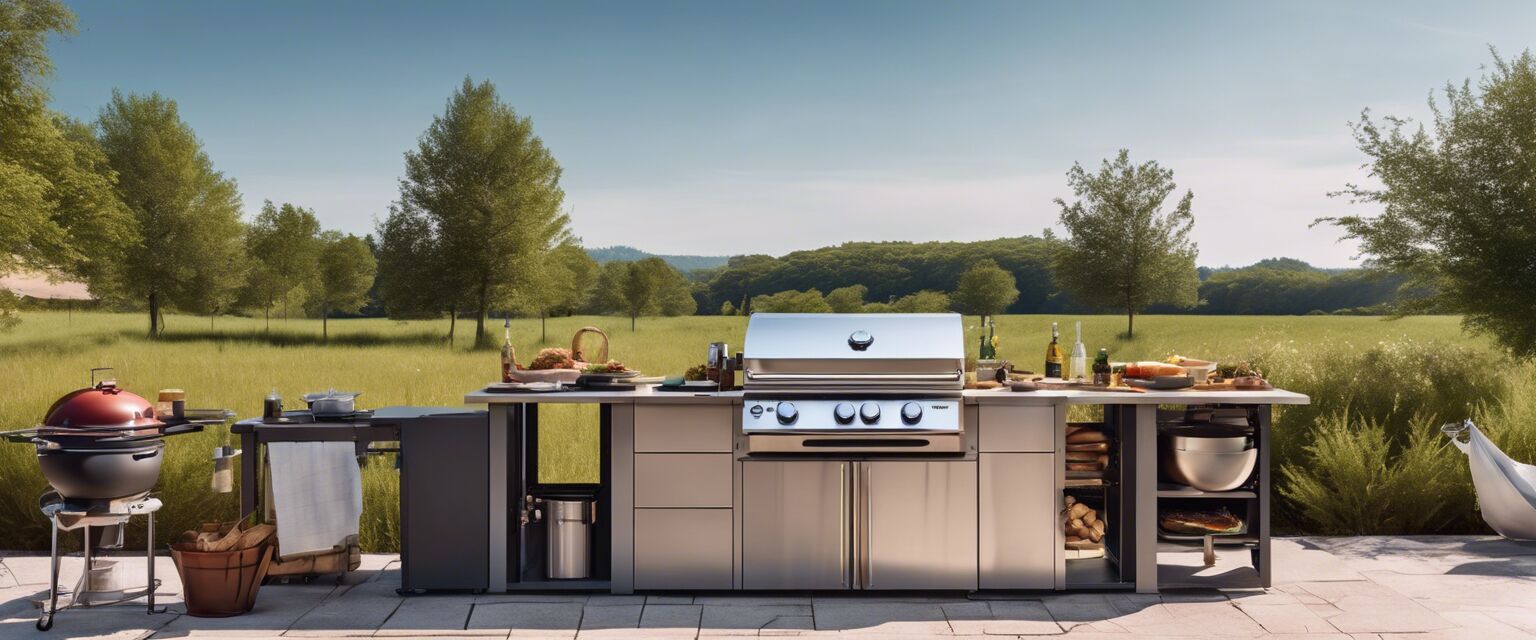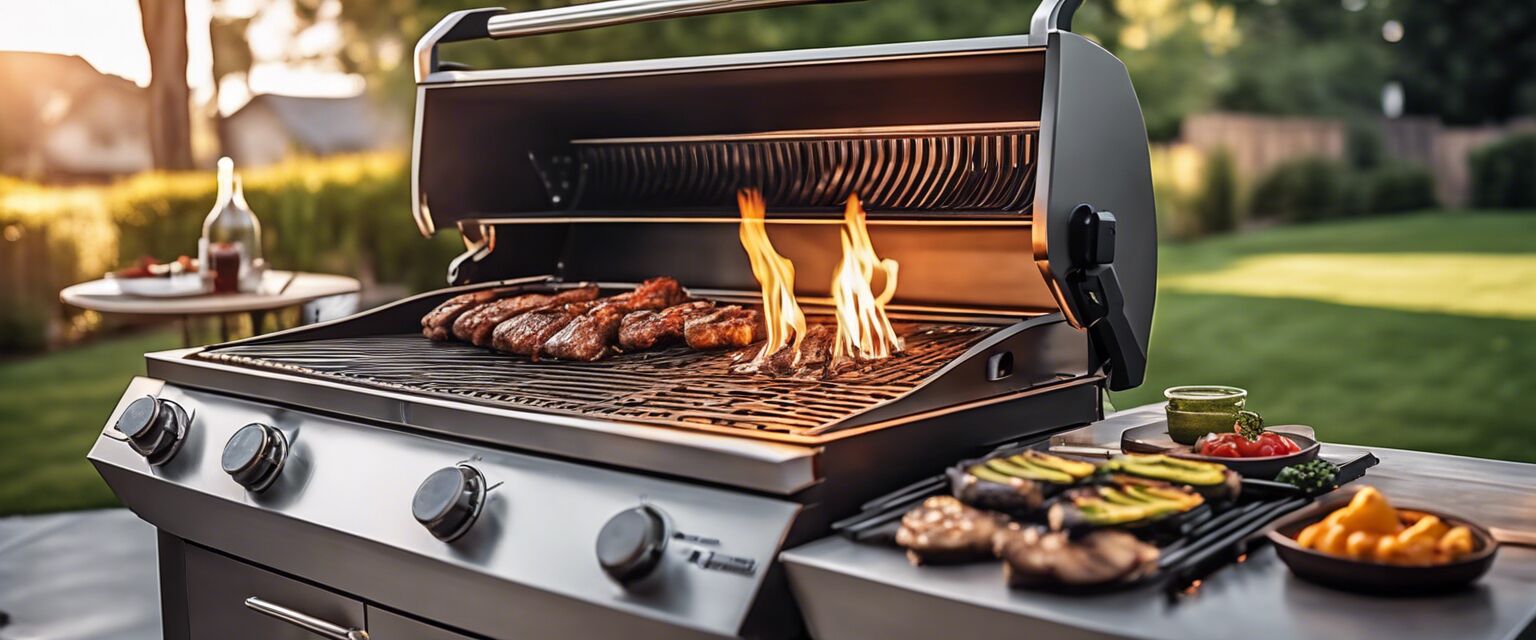
Disclosure: This article was created using AI and is not based on personal experience. It includes affiliate links, which means we may earn a commission if you purchase through these links at no extra cost to you. As Amazon Associates, we earn from qualifying purchases. Product recommendations and endorsements were generated by AI and do not reflect personal opinions or real-world use.
Gas Grills: A Comprehensive Guide
Looking for a convenient and easy way to grill your favorite foods? Look no further than gas grills! In this article, we'll cover everything you need to know about gas grills, including types, features, benefits, and safety tips.
Key Takeaways
- Gas grills offer convenience and ease of use
- There are several types of gas grills, including freestanding, built-in, and portable
- Features to consider include number of burners, cooking area, and additional features like rotisseries and smokers
- Gas grills require regular maintenance and safety precautions
Types of Gas Grills
When it comes to gas grills, there are several types to choose from, each with its own unique features and benefits.
| Type | Description | Benefits |
|---|---|---|
| Freestanding | Stand-alone grills that can be moved around | Flexibility, ease of use, and affordability |
| Built-in | Grills installed into outdoor kitchens or countertops | Sleek design, increased cooking area, and customization options |
| Portable | Small, lightweight grills perfect for camping or tailgating | Convenience, portability, and affordability |
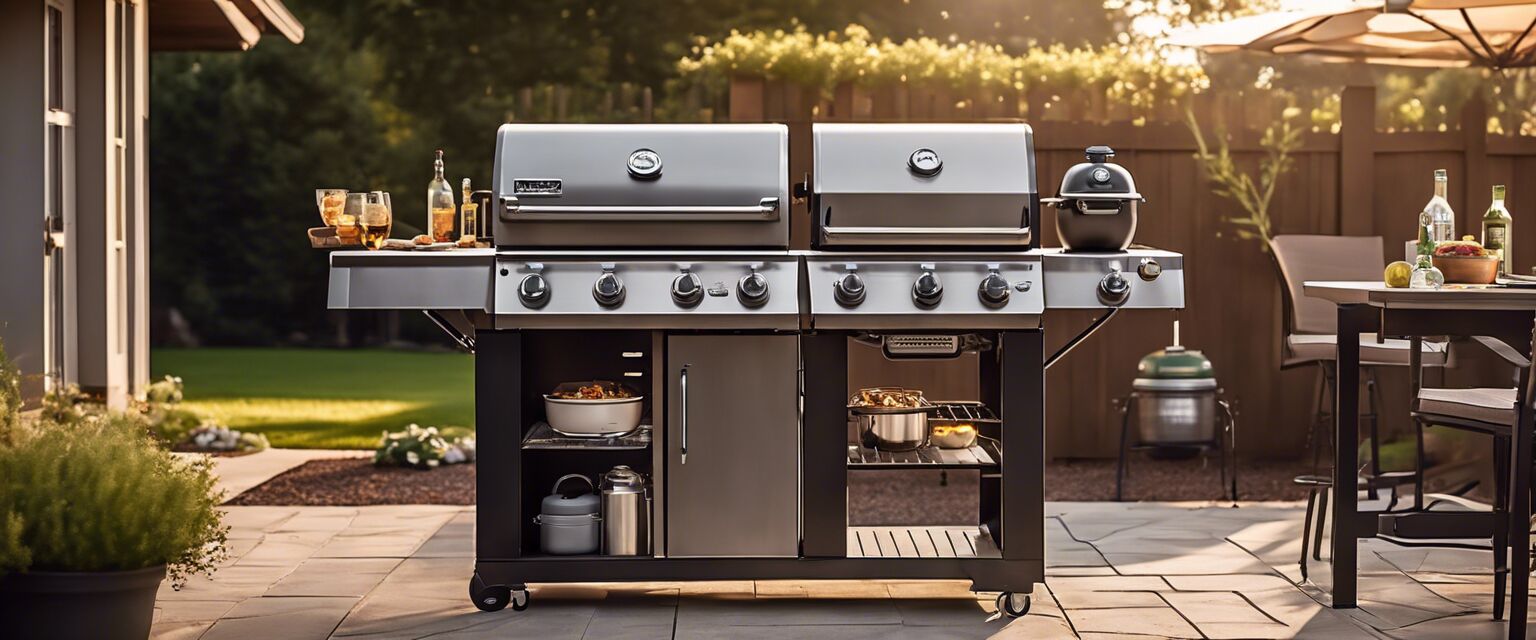
Features to Consider
When shopping for a gas grill, there are several features to consider, including:
- Number of burners: More burners provide more cooking flexibility
- Cooking area: Larger cooking areas accommodate more food and guests
- Additional features: Rotisseries, smokers, and side burners can enhance your grilling experience
- Material: Stainless steel, cast iron, and porcelain-coated grates offer durability and ease of cleaning
Benefits of Gas Grills
Gas grills offer several benefits, including:
- Convenience: Gas grills heat up quickly and provide easy temperature control
- Easy cleanup: Gas grills are generally easier to clean than charcoal grills
- Versatility: Gas grills can be used for grilling, roasting, and even baking
- Safety: Gas grills are generally safer than charcoal grills, with fewer risks of flare-ups and burns
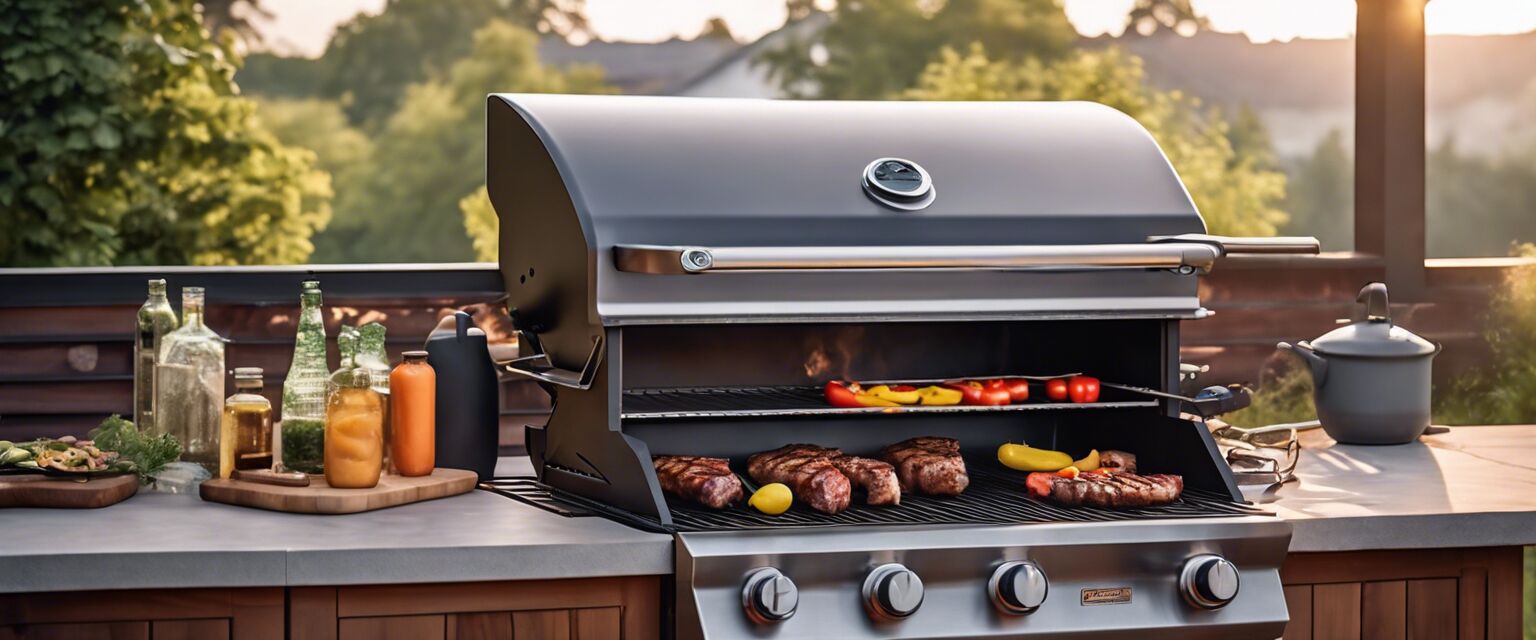
Safety Tips
While gas grills are generally safe, it's still important to take safety precautions:
- Regularly clean your grill to prevent grease buildup
- Ensure proper ventilation to prevent carbon monoxide poisoning
- Keep a fire extinguisher nearby
- Never leave a grill unattended
Pros
- Convenience and ease of use
- Easy cleanup
- Versatility
- Safety
Cons
- Higher cost than charcoal grills
- Dependence on gas supply
- Limited portability
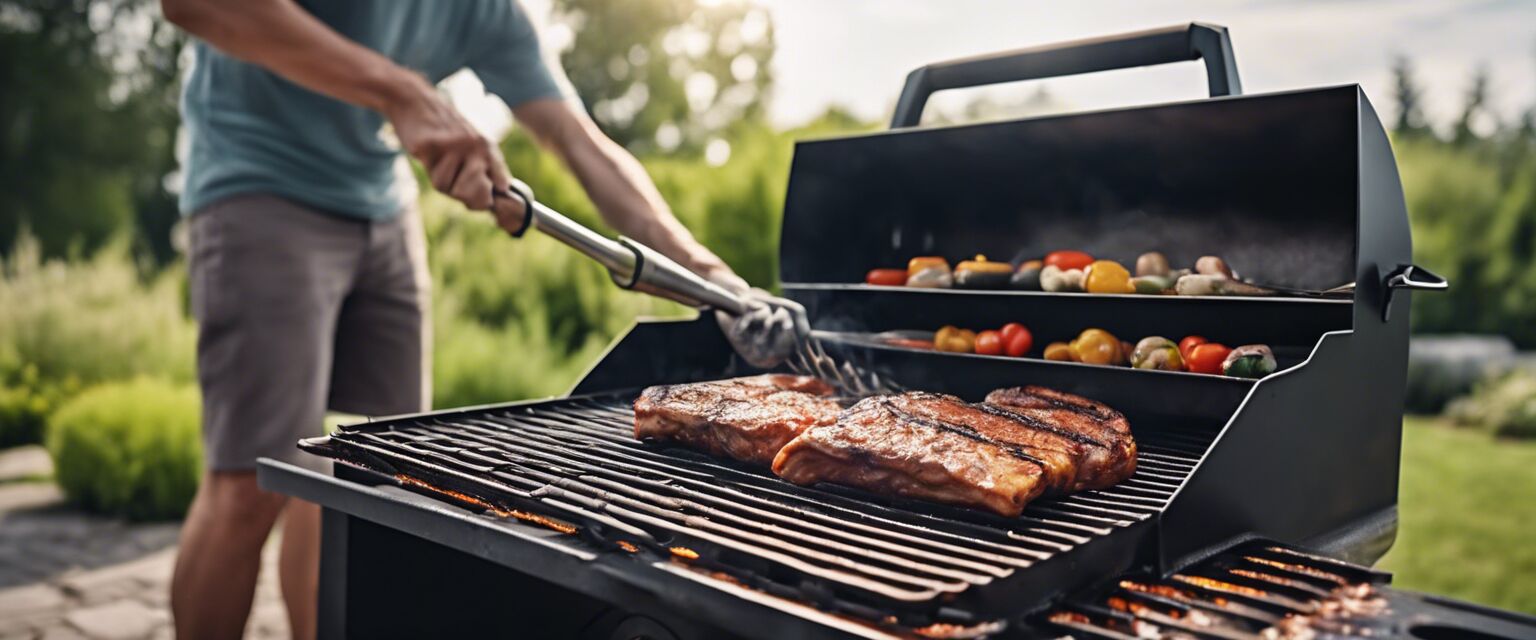
Maintenance and Care
To keep your gas grill in top condition, regular maintenance is key:
- Clean your grill regularly
- Check and replace worn-out parts
- Store your grill properly during off-seasons
Beginners Section
- Start with a smaller grill to get comfortable with gas grilling
- Experiment with different types of fuel, such as propane or natural gas
- Practice grilling different types of food to get a feel for temperature control
We hope this comprehensive guide to gas grills has been helpful in your search for the perfect grill. Happy grilling!
